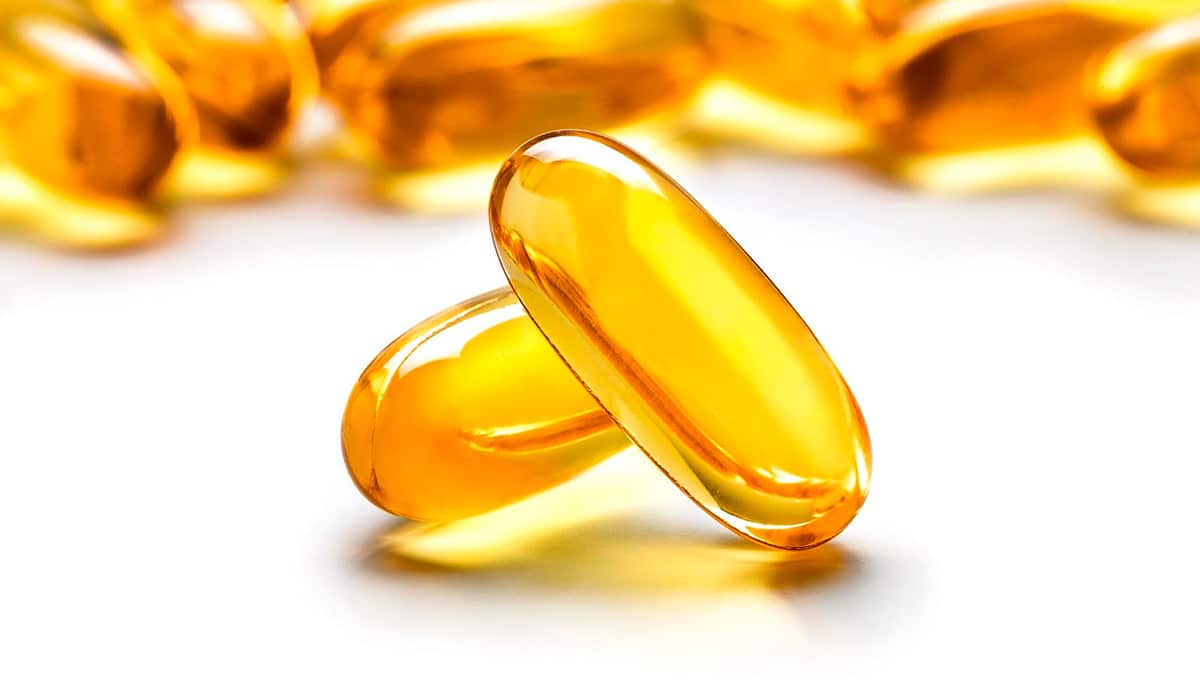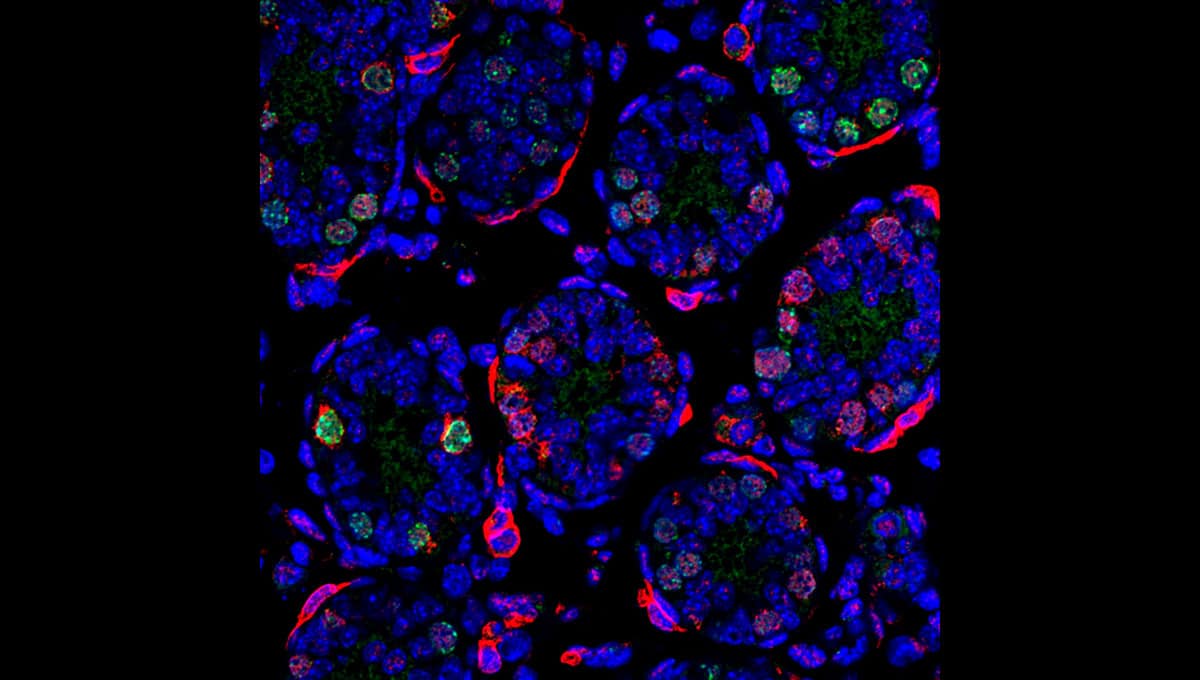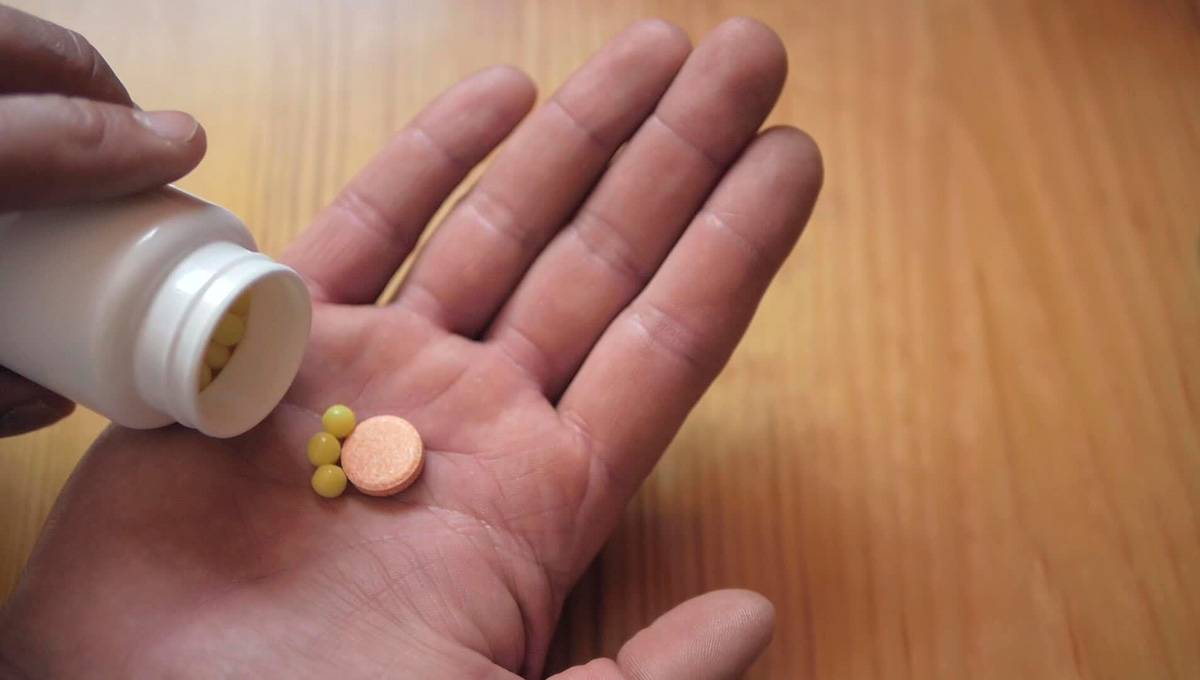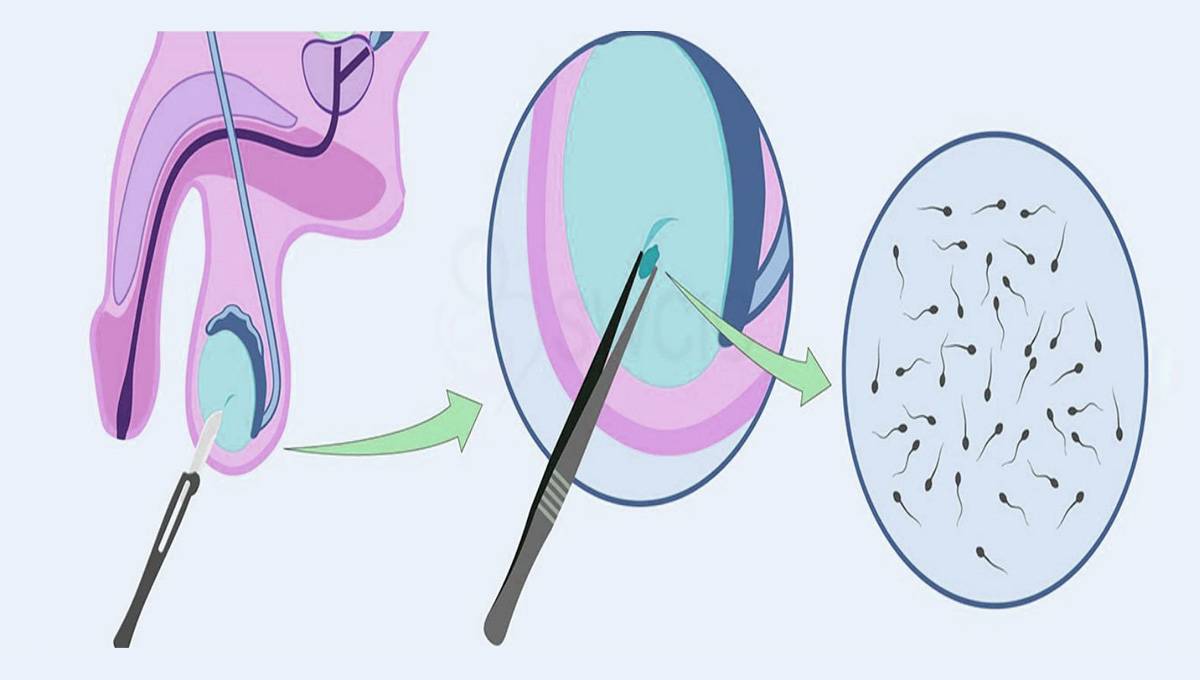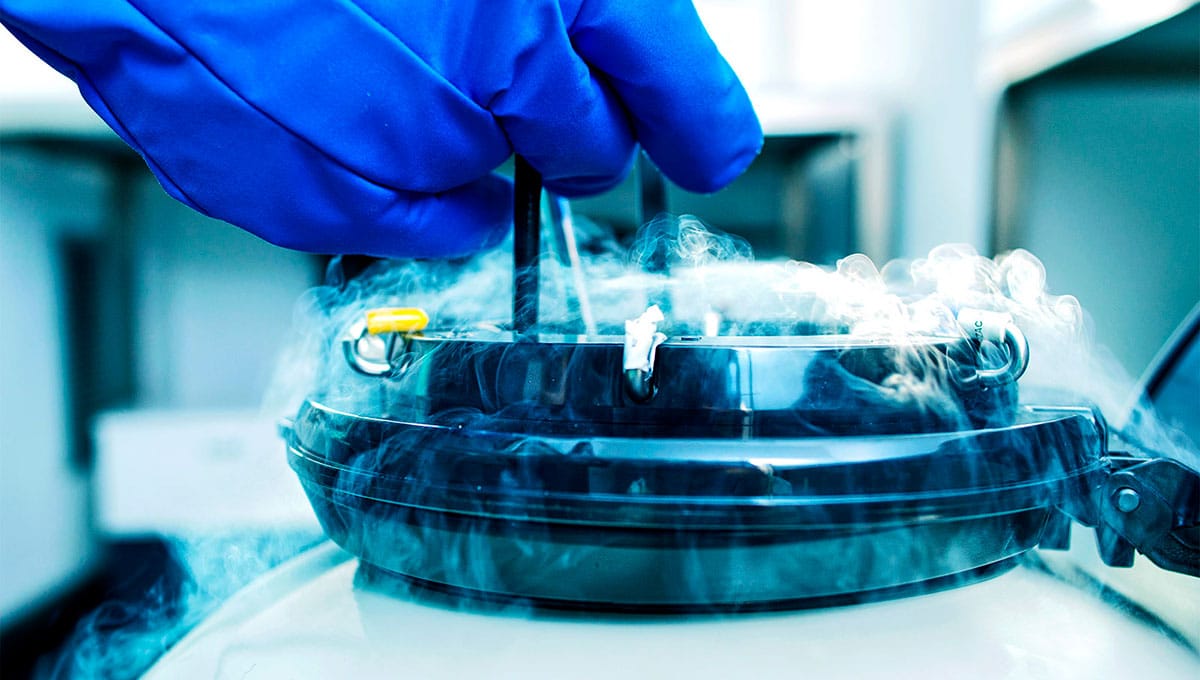A new study has investigated the effects of fish oil supplements on male fertility. It has found some promising results, showing the significant effects of fish oil supplements on the health of sperm cells 1 Jensen TK, Priskorn L, Holmboe SA, Nassan FL, Andersson AM, Dalgård C, Petersen JH, Chavarro JE, Jørgensen N. Associations of fish oil supplement use with testicular function in young men. 2020. JAMA Network Open. 3(1): e1919462.
Male fertility has been falling worldwide in recent years, which has been shown by a decline in semen quality. Scientists believe that this is due to many factors including lifestyle and behavioural habits as well as toxins.
Diet is a key factor which has a significant role in this fertility decline. With high obesity levels and unhealthy food options widely available, it is no surprise that healthy eating can be a challenge.
In addition to fruit and vegetables, scientists have found that fish is important for improving fertility. This is because it contains retinoic acid, which is crucial for cell growth. Scientists have found that retinoic acid and vitamin A are particularly important in determining semen quality 2 Hogarth CA, Griswold MD. The key role of vitamin A in spermatogenesis. 2010. The Journal of Clinical Investigation. 120(4): 956-962.
Previous research has shown that fish oil supplements, which are high in omega-3 fatty acids, can improve fertility in infertile men 3 Martínez-Soto JC, Domingo JC, Cordobilla B, Nicolás M, Fernández L, Albero P, Gadea J, Landeras J. Dietary supplementation with docosahexaenoic acid (DHA) improves seminal antioxidant status and decreases sperm DNA fragmentation. 2016. Systems Biology in Reproductive Medicine. 62(6): 387-395. However no studies have been done yet on healthy men, which is why this new study is so important.
What happened in the study?
Dr Tina Kold Jensen and her team at Copenhagen University Hospital studied 1,679 men in the study. These men were taking medical examinations for military service, due to the system of military conscription in Denmark. The men were recruited between 2012 and 2017.
www.amitamin.com/en/fertilsan-m New life deserves the best possible start!We provide the essential building blocks for this.
Therefore the men in the study were generally healthy. They were also young, with an average age of 19 years old.
The team used a questionnaire
The participants of the study completed a questionnaire giving answers relating to their general health, lifestyle and diet. They were asked about any health problems, their smoking status and their weekly alcohol intake. The team used this data to control for these and other factors which could influence the results of the study.
Additionally the questionnaire asked the men whether they had taken any vitamins or dietary supplements during the previous three months. The men also provided information about the dose and length of time these were taken for.
98 men in the study said that they had taken fish oil supplements within the previous three months. Of these men, 53 reported that they had taken fish oil supplements on 60 or more days.
A range of data was collected
The scientists measured the size of the men”s testes using ultrasonography during a physical examination. They also collected a semen sample.
The semen sample was analysed to record a number of parameters including semen volume, sperm concentration and total sperm count. The team also used a blood test to measure the levels of reproductive hormones.
What were the results of the study?
Fish oil supplements affected the health of sperm cells
The team found a clear difference between the results of men who took fish oil supplements for a minimum of 60 days during the previous three months, and the men who did not take any. The team found that men who took fish oil supplements had:
– Higher total sperm counts
– Higher proportion of normal sperm cells (which means sperm cells without deformities)
– Higher average volume of semen (0.64 ml higher)
– Larger average testicular size (1.5 ml larger)
Fish oil supplements affected the levels of hormones
In addition to the results above, men who took fish oil supplements had better hormone levels when compared to the men who did not. They had lower levels of follicle stimulating hormone (FSH), and lower levels of luteinising hormone (LH). These results indicate better testicular functioning.
The effect was related to the dose
It turns out that it”s not just a question of whether or not you take fish oil supplements, as the number of times you take them matters too.
The team found that men who took the supplements for even more than 60 days had a higher semen volume, higher total sperm count, higher free testosterone level and lower LH level, when compared to men who took the supplements less frequently.
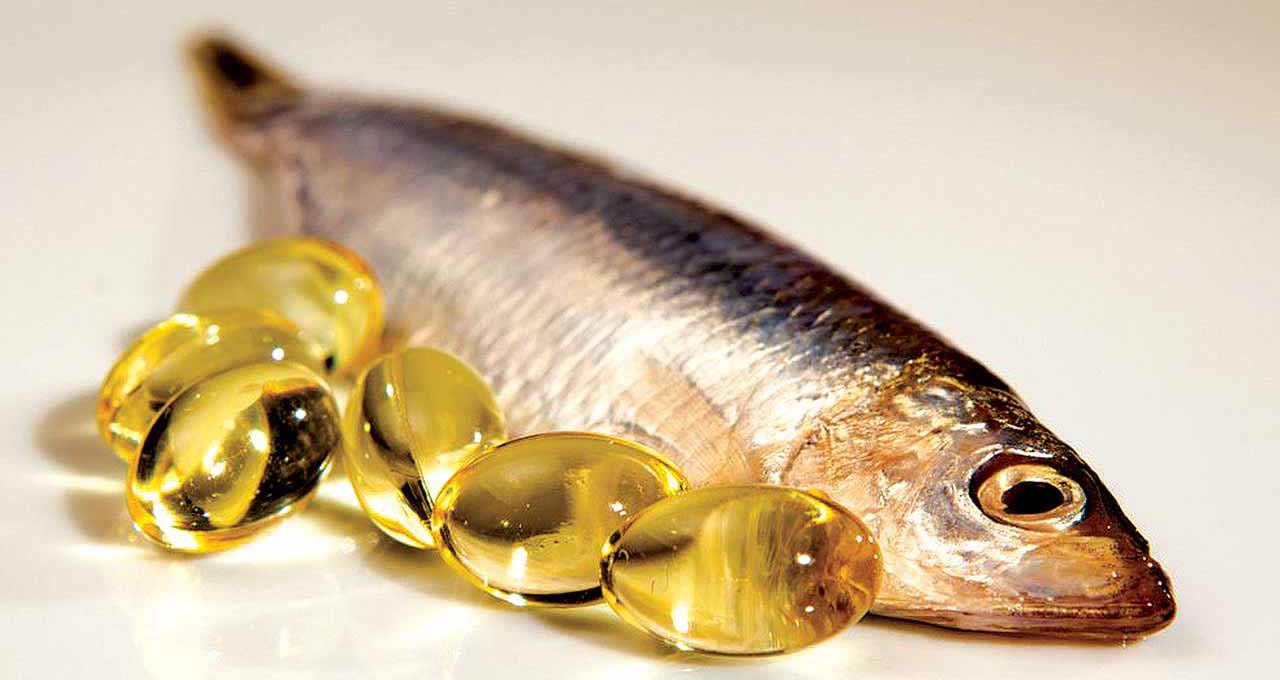
The team analysed other supplements too
The researchers checked the effects of supplements other than fish oil. These included multivitamins, vitamin C and vitamin D.
The team found that men who took these supplements had similar results to men who took no supplements at all. These supplements did not make any difference to the men”s semen results.
What do these results mean?
The results show a possible link between fish oil supplements and an improvement in testicular function. The scientists think that these results may be related to one particular hormone, called FSH.
They think that the fish oil supplements can increase the sensitivity of the Sertoli cells, which are in the testis, to the hormone FSH. This would result in improved testicular function.
Scientists already know that fatty acids are an important part of sperm cells, as they have a particularly high concentration in the sperm cell membrane. The concentration of fatty acids in the membrane increases as the sperm cells mature.
Therefore by including more fatty acids in your diet, this increases the levels of these compounds in the sperm cells. This in turn improves the health of your swimmers so they are more likely to successfully fertilise an egg cell.
How reliable are these results?
The population size of this study is reasonably large, as it includes data from 1,679 men. However out of this population, only 98 men took fish oil supplements, which is 5.8%. This is a small sample to use as a basis for the beneficial effects of fish oil supplements.
Additionally the men are all of similar ages and they are healthy. This means that they do not accurately represent the general wider population of men.
There are also limits to the study due to its design. This type of study is called a cross-sectional study. This means that it analyses data from a group of people at one point in time. In this study, the factors which the scientists measured including semen quality were only measured at one time.
As a result of this, the amount of information it can tell us is limited to associations, and not causations. This means that we cannot be certain that the fish oil supplements caused the improvements in sperm health.
The best type of study to gain meaningful results is a randomised controlled trial. In this type of study, a large population of men would be randomly split into two groups. One group of men would take the fish oil supplements, and any other factors which could affect the results would be carefully controlled.
Scientists would then be able to measure and analyse the men”s fertility results over a long period of time to investigate any patterns. This type of study is needed to further investigate the results found by Dr Jensen and her team.
Fish oil supplements
The study shows that fish oil supplements may improve the health of sperm. Previous research has already shown that these supplements can improve cardiovascular health by lowering blood pressure and reducing the chances of having a heart attack or stroke.
The best way to increase your levels of omega-3 is by including more oily fish in your diet. But if this is not possible, it is a good idea to take fish oil supplements.
Click here to buy the bestselling omega-3 fish oil supplements from Amazon.
If you are a vegetarian or vegan, you can still take omega-3 supplements which have been made from algae oil. Click here to buy the bestselling vegan omega-3 supplements from Amazon.
Conclusion
Scientists need to carry out more studies to confirm the effects of fish oil supplements on the health of sperm. This will help clarify if these effects are accurate and why exactly they occur.
These results also highlight the importance of having a healthy and balanced diet to maximise fertility. It is recommended that you eat at least two meals per week containing fish. Other sources of omega-3 include leafy vegetables, seeds and nuts.
If you are struggling to include enough omega-3 in your diet and you are thinking about starting a family, it is a good idea to take fish oil supplements. There are also many fertility supplements available on the market, and we have compared the best products for you here.

Dr. Jones is an experienced consultant in assisted reproduction.
He has worked as a Fertility specialist at Kingston Hospital Assisted Conception and nearly 10 years experience of working in Obstetrics and Gynaecology across hospitals in the UK.
He completed his Masters in Assisted Reproduction Technology and then his PhD, from Imperial College London. Dr. Jones main areas of interest are Single Embryo Transfer, Endometriosis, PCOS and Implantation failure in IVF patients. He is a member of the British Fertility Society and an associate member of the Royal College of Obstetrics and Gynaecology.
Bibliography
- 1Jensen TK, Priskorn L, Holmboe SA, Nassan FL, Andersson AM, Dalgård C, Petersen JH, Chavarro JE, Jørgensen N. Associations of fish oil supplement use with testicular function in young men. 2020. JAMA Network Open. 3(1): e1919462
- 2Hogarth CA, Griswold MD. The key role of vitamin A in spermatogenesis. 2010. The Journal of Clinical Investigation. 120(4): 956-962
- 3Martínez-Soto JC, Domingo JC, Cordobilla B, Nicolás M, Fernández L, Albero P, Gadea J, Landeras J. Dietary supplementation with docosahexaenoic acid (DHA) improves seminal antioxidant status and decreases sperm DNA fragmentation. 2016. Systems Biology in Reproductive Medicine. 62(6): 387-395
